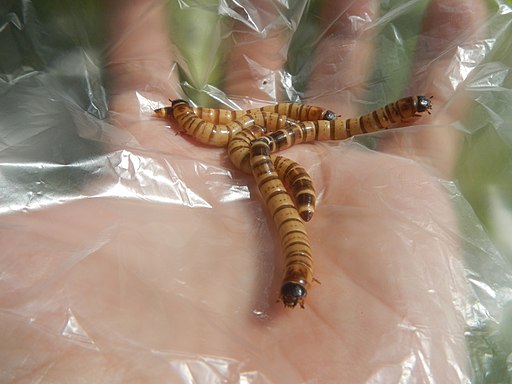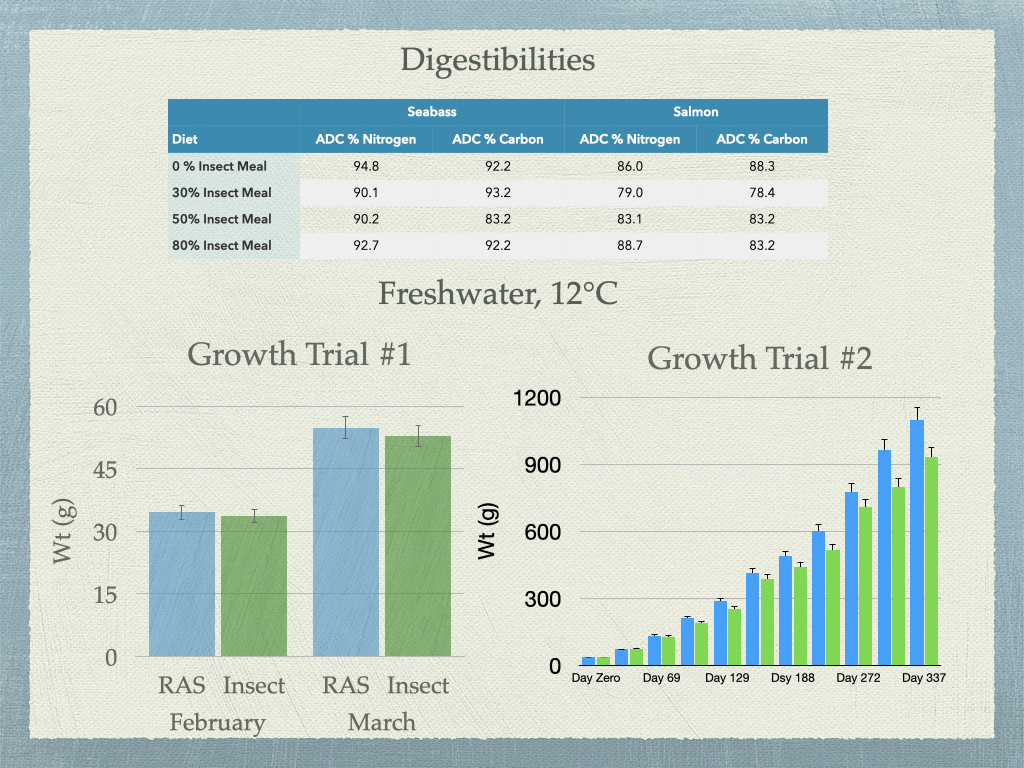Submitted by Dr. Allen Place
In the coming years, conventional agriculture will fall short of meeting global protein requirements. Today, fishmeal is considered a gold standard protein ingredient in pet food and livestock feed due to its amino acid composition and digestibility characteristics. However, the global supply of fishmeal is capped at 5-7M tons per year because there are limited fish in the sea. Volatile prices and environmental concerns have left many investors and consumers seeking alternatives to fishmeal, a market worth $9.5B annually. Insect farming could help fill growing gaps in agricultural supply chains. Many commonly farmed insects boast fast growth cycles, high fecundity, minimal water requirements, and an ability to consume a variety of agricultural byproducts and waste streams. Research trials have shown that the amino acid profiles and digestibility of these species could make them an ideal ingredient in the $25B pet food market and the $100B aquaculture feed industry.

Prior work from the Place laboratory (Watson et al. 2013a; Watson et al. 2013b, Watson et al. 2014) at the Institute of Marine and Environmental Technology has shown complete fishmeal/fish oil replacement is possible through judicious choice of ingredients, most importantly with the inclusion of taurine when using plant protein sources. The Place laboratory has worked with Instar Farms to investigate the possibility of using mealworms (Tenebrio molitor) as replacement for fishmeal. This work has resulted in a shortening of the production schedule, an improvement in the amino acid content of the insect meal, and establishment of secondary products from the waste material (e.g. chitin). This collaboration has resulted in a clear feasibility in replacing all the soy protein in a commercial diet (25% by weight) for Atlantic salmon. Unfortunately, the current production level for T. molitor would severely restrict its wide acceptance as an aquaculture feed ingredient. A new commercial partner, Ovipost, grows superworms (Zophobas morio) which alleviates this bottle neck because of higher production yields. Dr. Allen Place will present data on using these insects in attaining a fishmeal/soybean free aquaculture diet for salmon at AQUA 2022 triennial meeting of the World Aquaculture Society.
Referenced citations:
Watson, A. M., Barrows, T., F., and Place, A. R. (2013). An Evaluation of Commercially
Available Alternative Lipid Sources in a Plant Protein Based Diet for the Marine Carnivore Cobia, Rachycentron canadum Lipids Sep;48(9):899-913. doi: 10.1007/s11745-013-3814-2.
Watson, A. M., Barrows, T., F., and Place, A. R. (2013). Taurine Supplemented Plant
Protein Based Diets with Alternative Lipid Sources for Juvenile Gilthead Sea Bream, Sparus aurata. Journal of International Fisheries and Aquaculture 4 (1): 59-66.
Watson, A. M., Barrows, T., F., and Place, A. R. (2014). Effects of Graded Taurine Levels
on Juvenile Cobia, Rachycentron canadum. North American Journal of Aquaculture 76:3, 190-200.
